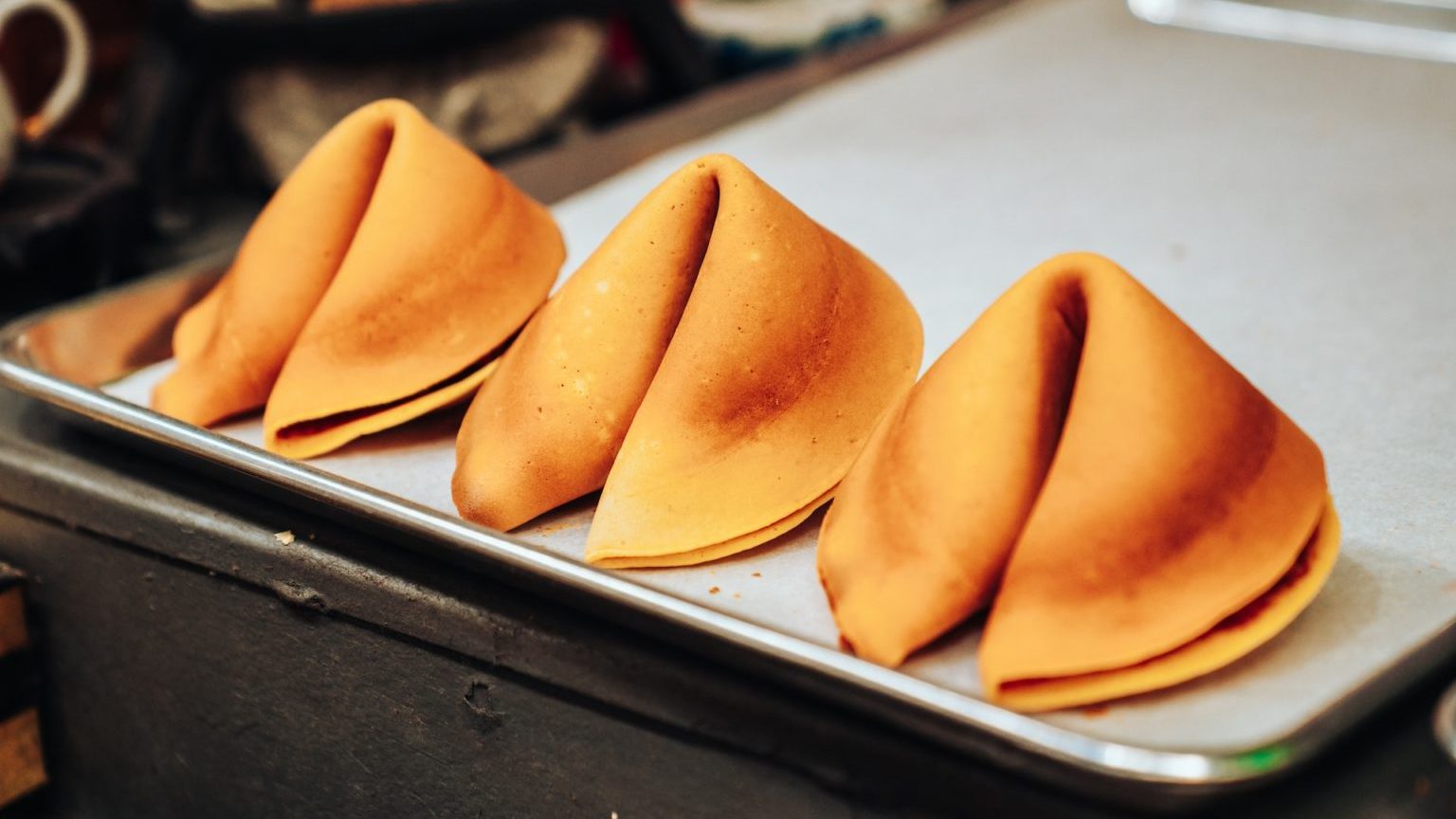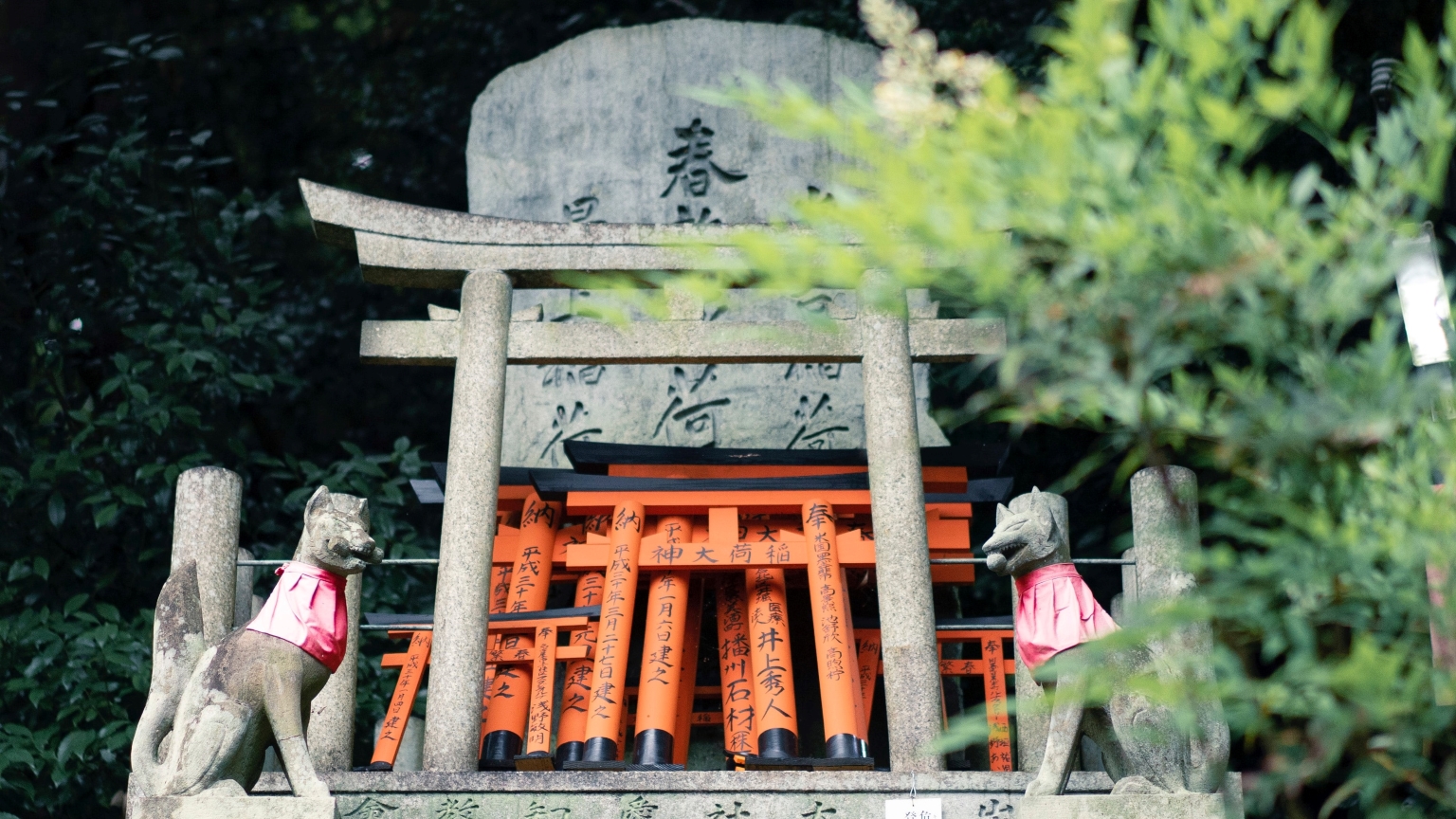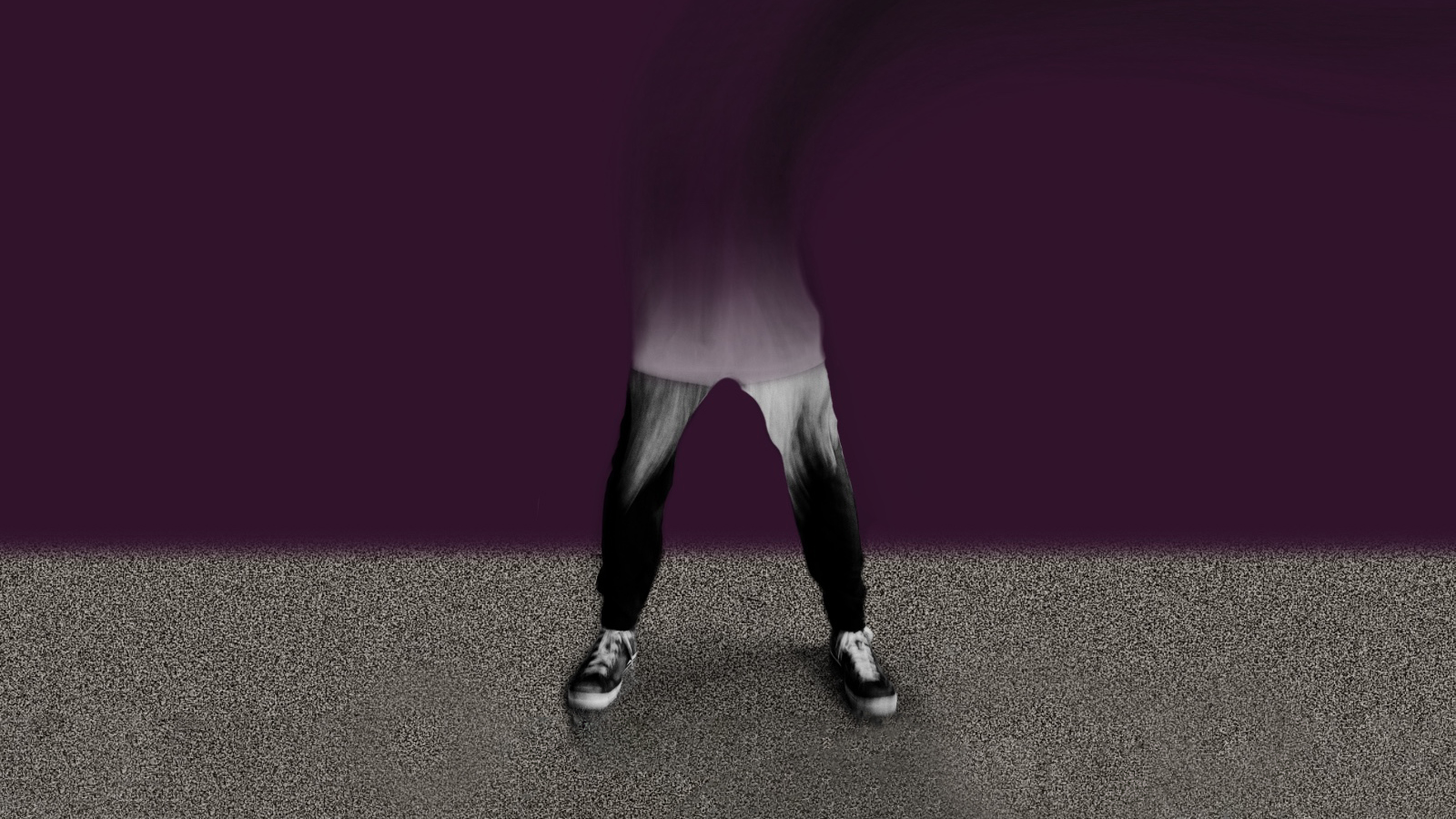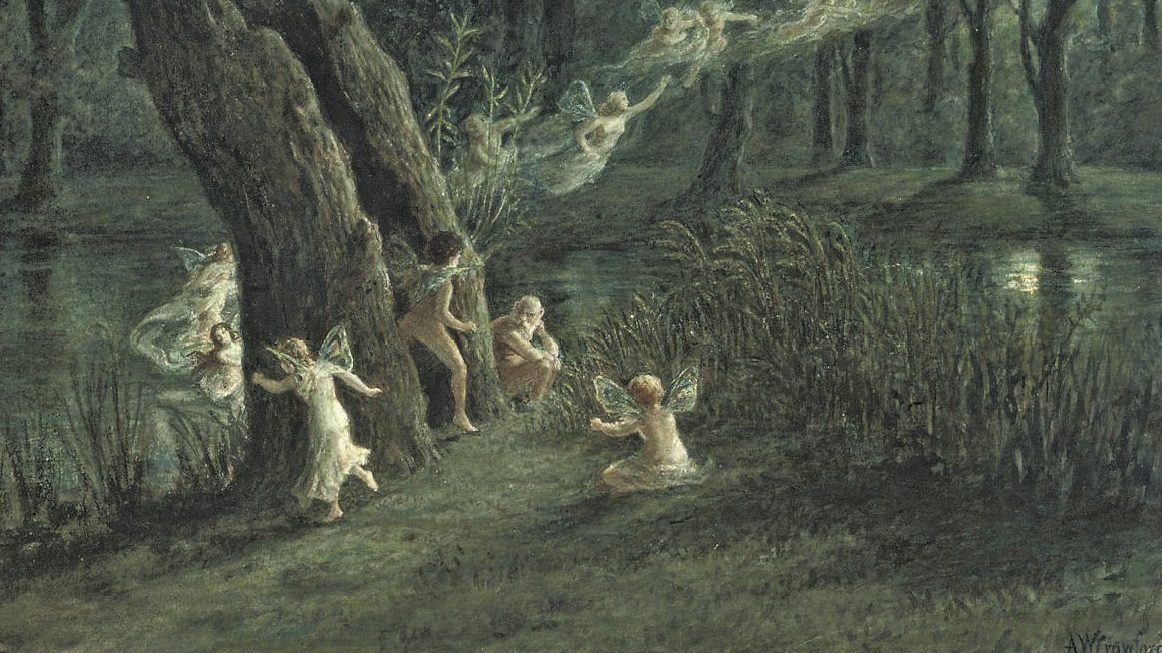In Japan, ghosts haunt the bathroom
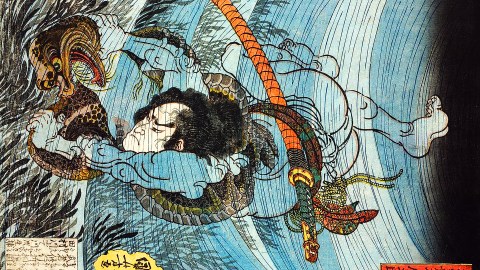
As any horror film fan can attest, the bathroom can be a scary place. From Janet Leigh’s infamous shower scene in Psycho to the blood-spewing drain pipes of Stephen King’s It, there’s no shortage of genuinely startling imagery connected to lavatories. But when it comes to conjuring up the most terrifying possible interruptions to our most private moments, no one beats Japan.
In Japanese folklore, there are a number of spirits rumored to appear in bathrooms. Some reach out from the insides of toilets; others whisper through the stall walls. Each one has its own grim story and particular behavior, but they all share a connection to the bathroom.
“The bathroom is a somewhat unusual space in a household or school or wherever it exists,” says Michael Dylan Foster, author of The Book of Yôkai: Mysterious Creatures of Japanese Folklore. Foster describes bathrooms as liminal spaces in that they connect the normal, everyday world to a whole different realm, namely the sewer.
“In that sense, the bathroom is a place of transition, and the toilet in particular is a portal to a mysterious otherworld,” says Foster. “Even though we generally flush things down, it would not seem surprising for something mysterious to come up through the toilet.” A hand reaching up through the toilet is just one of the possible creep-outs a Japanese bathroom ghost might visit on someone.
Toire no Hanako-san
One of the best-known of Japan’s bathroom spirits is Toire no Hanako-san, or Hanako of the Toilet. Like all ghost stories, the details of Hanako’s origins vary somewhat from telling to telling, but in general, Hanako is said to be the ghost of a young girl who died around WWII, and now haunts school bathrooms. Usually described as wearing an out-of-fashion red dress and bob haircut, she can be summoned by going to the girl’s bathroom on the third floor, knocking on the third stall three times, and saying, “Are you there Hanako-san?” Depending on regional variations, Hanako will respond by saying, “Yes I am,” or a ghostly hand will appear. If someone enters the stall, they could also be eaten by a three-headed lizard.
The last outcome notwithstanding, Hanako is generally just a spooky presence meant for a good scare. Hanako has appeared in numerous anime series and television shows, and is pretty much a star. “[The legend] is well known because it is essentially an ‘urban legend’ associated with schools all over Japan. Since the 1990s, it has also been used in movies, so it became part of popular culture not just orally transmitted or local folklore,” says Foster.
Kashima Reiko
Hanako is not the only young girl said to haunt the bathrooms of Japan. There is another legend of a young girl named Kashima Reiko, said to be the ghost of a girl who died when her legs were severed by a train. Her legless torso now haunts bathroom stalls, asking unlucky visitors, “Where are my legs?” The correct response, “On the Meishin Expressway,” could save your life. Otherwise, it’s said that she might tear a person’s legs off.
Kashima Reiko is a bathroom-centric variation of another Japanese ghost story known as “Teke Teke,” which also features the ghost of a young girl who was cut in half by a train. There’s also a version of the Kashima Reiko story that suggests she will appear within one month to anyone who learns her story. This set-up probably sounds familiar to anyone who knows the popular Ring franchise, which Foster compares to the liminal aspect that makes bathrooms so ripe a setting for horror. “[Note] the classic J-horror film (and book) Ringu, in which Sadako is in a well; the association of the well as a mysterious place has precedents in earlier Japanese folklore. Also if we think about the imagery of Sadako coming out of a television set, we get the same idea that the television is a portal to another world; she literally crawls from another world into our own.”
Aka Manto
It’s not all scary little girls. One of the most gruesome of Japan’s bathroom ghosts is Aka Manto, or the Red Cape. Also sometimes called Aoi Manto (Blue Cape), or in some variations, Akai-Kami-Aoi-Kami (Red Paper, Blue Paper), this modern spirit is said to resemble a person completely covered by a flowing cape and hood, wearing a mask that hides an irresistibly handsome face. He is said to appear to people (usually in the last stall) as they are going to wipe, asking a strange question. Sometimes the spirit asks, “Red cape or blue cape?” or offers “Red paper or blue paper?” Choosing red will lead to Aka Manto flaying a person’s back (a red cape), or another gruesome, bloody death, while choosing blue will cause the spirit to suffocate you. Getting clever and choosing any other color will just cause you to be dragged to the underworld. The only way to escape Aka Manto’s punishment is to decline its offer entirely.
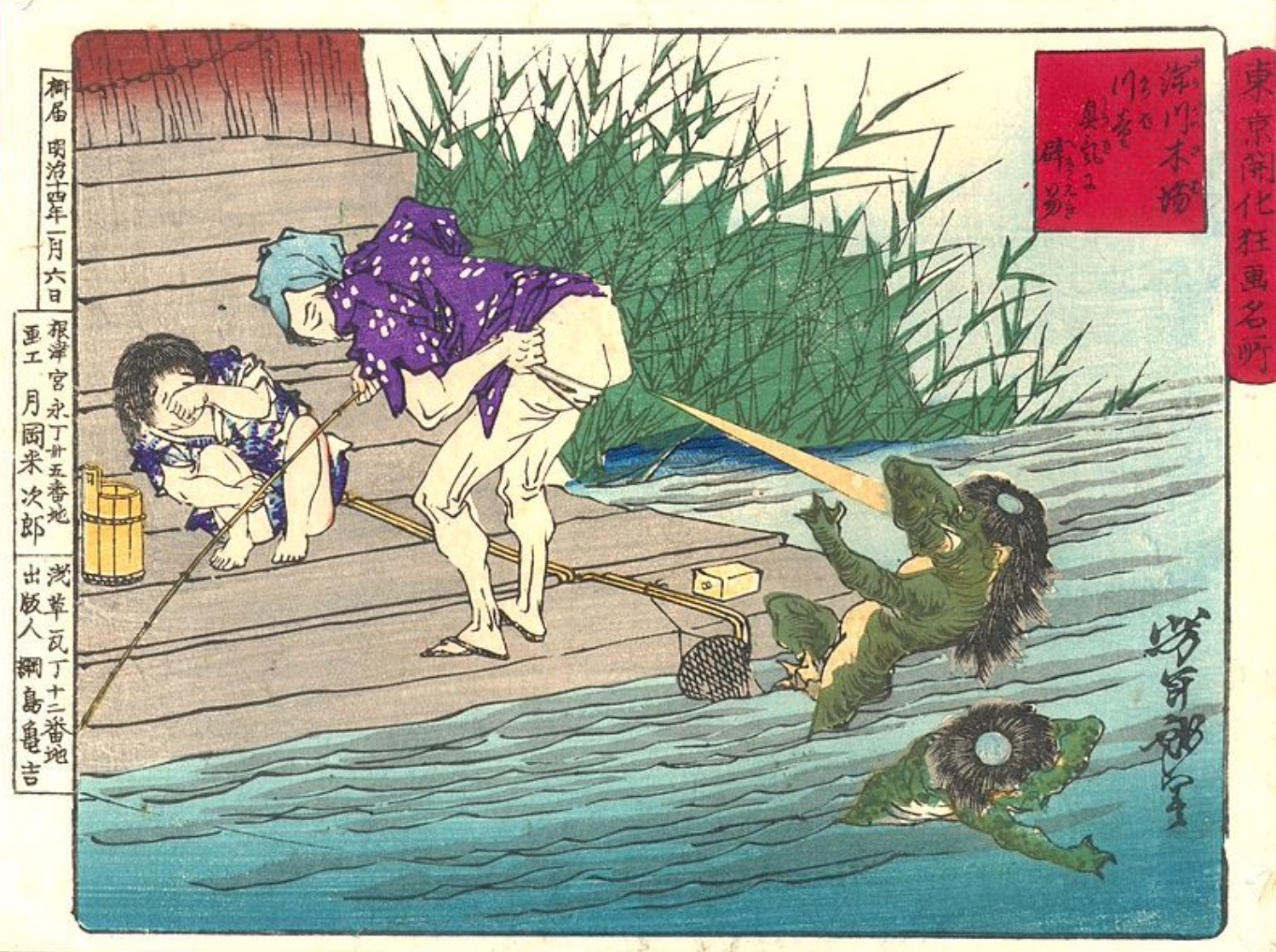
Kappa
One of Japan’s most famous mythological creatures, the kappa is said to sometimes be found in bathrooms. “However, it is not specifically thought of as a bathroom spirit, but more generally as a creature associated with water—usually rivers or ponds. But there are a lot of legends in which the kappa appears in an outhouse, where it harasses people (especially women),” says Foster.
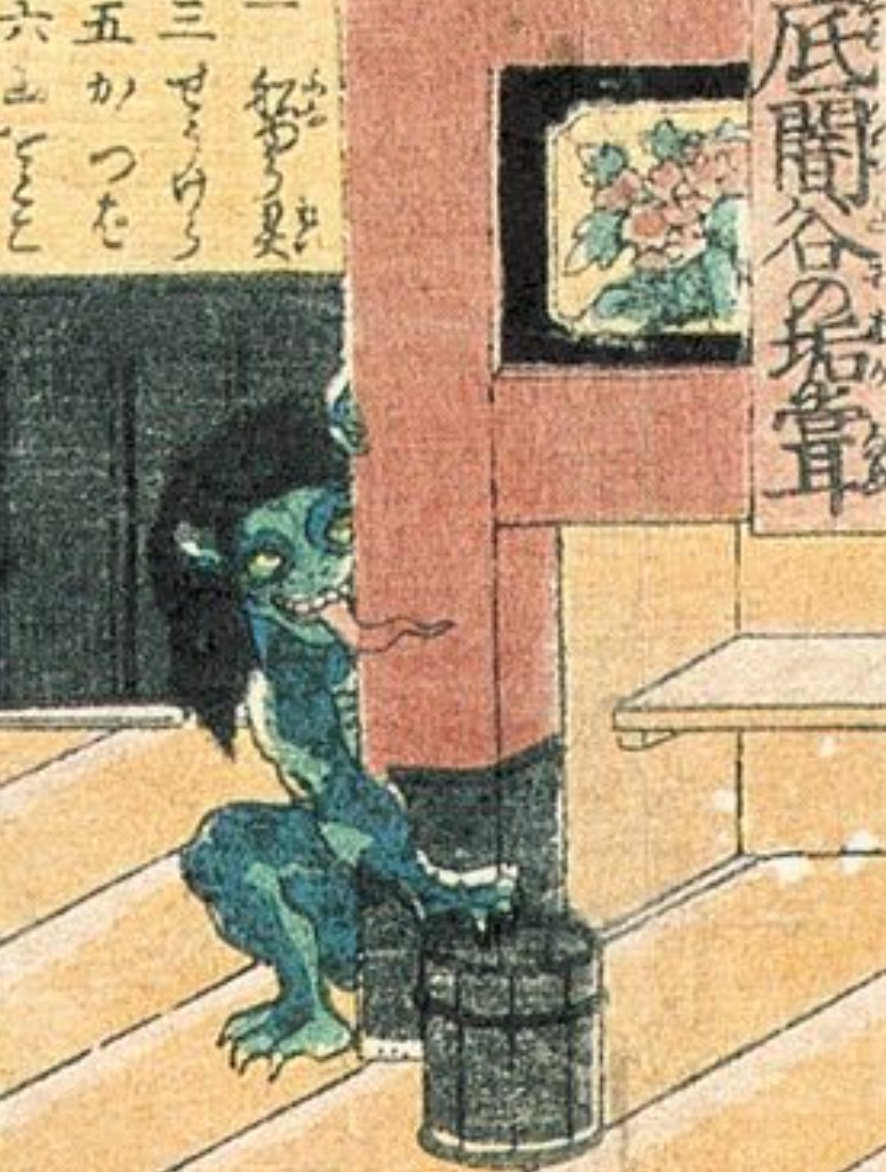
Akaname
This goblinesque yōkai spirit is filthy and disheveled, with a long, protruding tongue, and according to Foster, it is primarily known for licking the filth off of bathtubs. While not seen as a particularly frightening creature, the image of a gross little sprite licking the dirt off of a tub is not exactly friendly.
Japan’s bathroom spirits may appear to be uniquely ready to haunt your every bowel movement, but ultimately there are good reasons bathrooms everywhere tend to be a source of fear. “You are exposed and vulnerable—literally naked, at least in part—so there is a certain amount of danger or uncertainty associated with being there,” says Foster. “The bathroom is not a place you want to stay longer than necessary to complete the job you came to do.”
This article originally appeared on Atlas Obscura, the definitive guide to the world’s hidden wonder. Sign up for Atlas Obscura’s newsletter.
